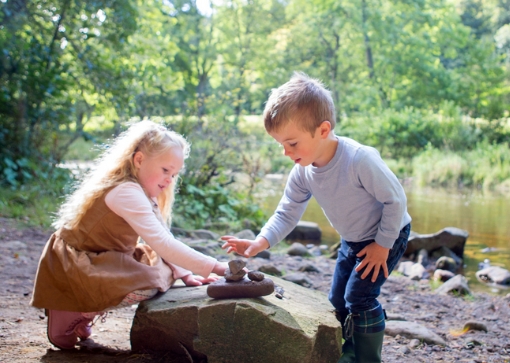Associative play is a vital component of a child’s development, fostering social skills, creativity, and problem-solving abilities. This form of play occurs when children interact with one another in a loosely organized manner, without rigid rules or structure.
Building social skills
Associative play allows children to practice important social skills such as taking turns, sharing, and cooperating with others. Through interactions with peers, children learn empathy, communication, and conflict resolution skills.
Fostering creativity
When children engage in associative play, they are free to explore their imaginations and come up with new ideas. This type of play encourages creativity, as children can experiment with different roles, storylines, and scenarios.
Developing problem-solving abilities
Associative play provides children with opportunities to practice problem-solving skills in a collaborative setting. By working together with peers, children learn to negotiate, compromise, and find solutions to various challenges that arise during play.
Promoting emotional development
Engaging in associative play helps children develop emotional resilience and empathy. By interacting with others, children learn to understand and respond to different emotions, building their emotional intelligence.
Creating a sense of belonging
Associative play fosters a sense of belonging and community among children. Through shared experiences and interactions, children develop friendships and a sense of connection with others, which is important for their emotional well-being.
In conclusion, associative play plays a crucial role in child development by promoting social skills, fostering creativity, developing problem-solving abilities, promoting emotional development, and creating a sense of belonging. Encouraging children to engage in associative play can have long-lasting benefits for their social and emotional growth.

